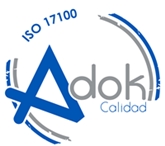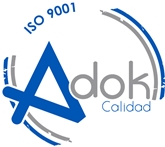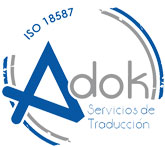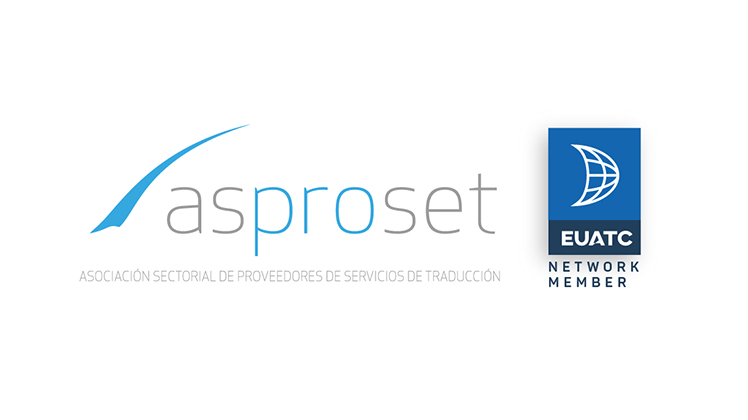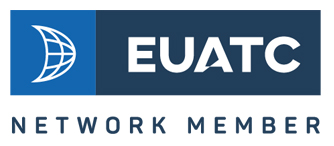UNE-EN ISO 17100:2015 is the European quality standard specific to translation services, which covers the central process of translation itself, in addition to other aspects relating to the provision of the service, including quality assurance and traceability.
UNE-EN ISO 17100 is largely based on ISO 9001:2000, although it establishes some specific additional guideline for quality assurance in translation services. Unlike ISO 9001:2000, this is a specific standard for the translation sector.
The aim of this standard is to establish and define the requirements of providing a quality service on the part of translation providers. This covers the central process of translation itself, in addition to other aspects relating to the provision of the service, including quality assurance and traceability.
This norm offers the description and definition of the service in its totality for translation service providers and their clients. At the same time, it is designed to provide translation service providers with a set of procedures and requirements (human resources, techniques, quality management system, project management) to respond to the needs of the market.
ISO 9001:2015 - Quality Management Systems is focused on all elements of quality administration that a company must implement in order to have an effective system that allows for the quality of their services to be administered and improved.
The ISO 9000 series of standards is a set of quality and continuous management standards established by the International Organization for Standardization (ISO) that can be applied to any type of organization or systematic activity, oriented towards the provision of goods or services. It compiles standards and guidelines related to management systems and specific tools such as audit methods (the process by which it is verified that management systems comply with the standard). The main standard is ISO 9001, which establishes the requirements to be met by a company's quality system. ISO 9001:2000 requires the existence of documented and registered quality processes that facilitate monitoring of the quality assurance procedure.
The ISO 18587:2020 quality standard for multilingual post-editing services sets out the requirements for the provision of machine translation post-editing services (MTPE). Post-editing is a process in which a professional translator who is a native speaker of the target language revises and improves the translation produced by a machine translation system, thus ensuring the quality and suitability of the content for its final use.
ISO 18587:2020 provides guidelines and criteria for the quality assessment of machine translation post-editing services, as well as for the competence and qualification of the professionals performing these tasks. It also addresses aspects related to the management of post-editing projects, the evaluation of the quality of the machine translation system used and the communication between the different actors involved in the process.
The main objectives of this standard include guaranteeing the consistency and accuracy of translations and ensuring the quality and reliability of its post-editing services, which is essential in a globalised context where multilingual communication is becoming increasingly important.
Data Protection and Confidentiality
On 23 October 2008, ALTALINGUA, SL obtained the certificate of adherence to Spanish Data Protection legislation in accordance with Organic Law 15/1999 of 13 December. It is registered, therefore, under PROVIDERS/AGENCIES in the files of the Spanish Data Protection Agency (AEPD) under entry code 2090340156.
